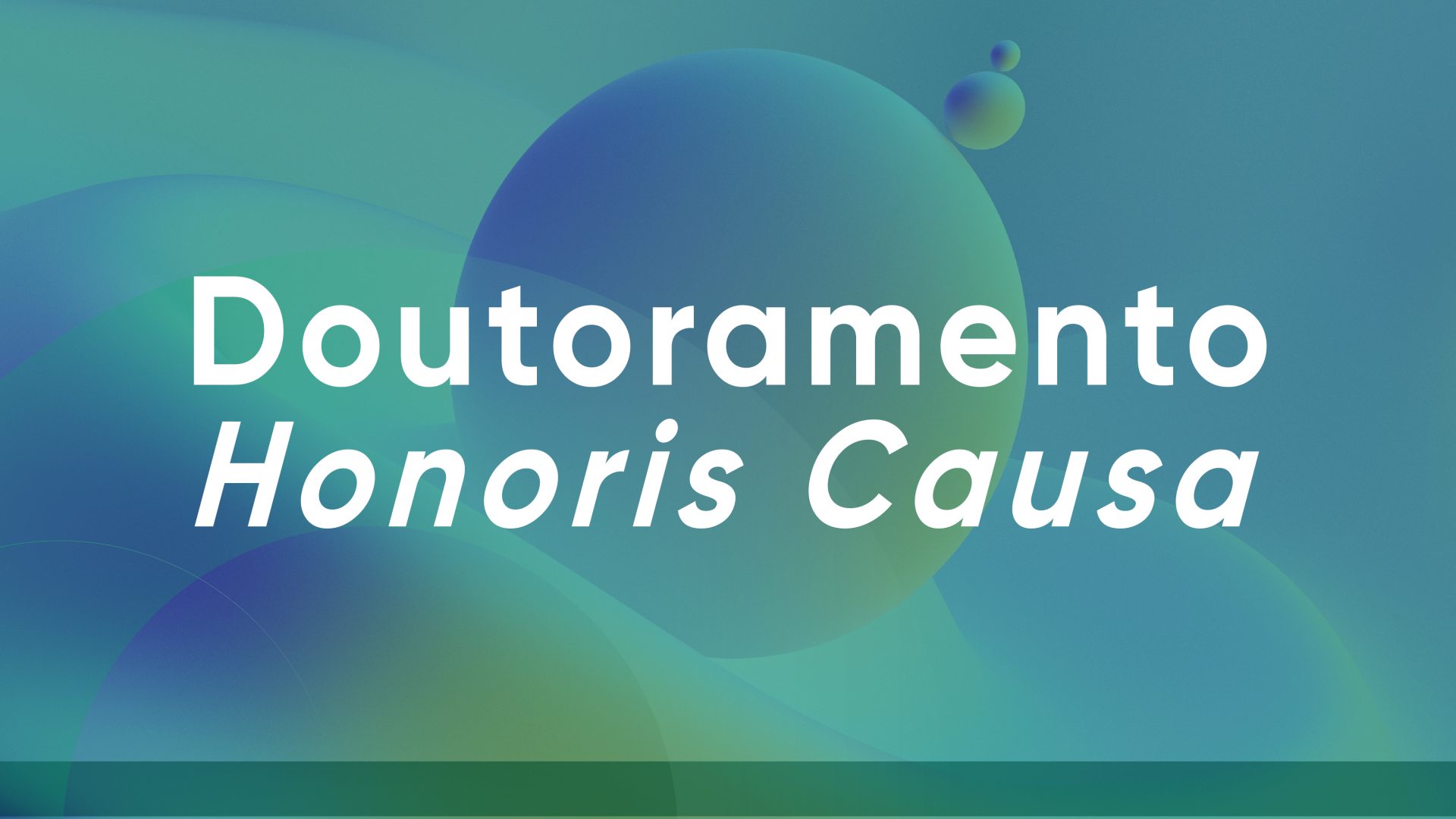NOVA University Lisbon will confer the title of Doctor Honoris Causa on Robert S. Langer and Maria Damanaki in a ceremony to be held at the University’s Rectorate on 27 June at 4 pm.
Robert S. Langer, a world-renowned figure in the field of biomedical engineering, will be sponsored by Helena Canhão, Director of the NOVA Medical School. The laudatory speech will be pronounced by Pedro Oliveira, Director of the NOVA School of Business and Economics, and João Conde, Deputy Director of Research at the NOVA Medical School.
Maria Damanaki, recognised for her political activity and work in favour of sustainability and the protection of the oceans, will be supported by Margarida Lima Rego, Director of the NOVA School of Law. The eulogy will be delivered by Assunção Cristas, Vice-President of the Faculty Council of NOVA School of Law.
‘NOVA University Lisbon is honoured to recognise two figures of excellence whose trajectories reflect the values we uphold: innovation in the service of health with Professor Robert Langer and commitment to sustainability and global citizenship with Dr Maria Damanaki’, says João Sàágua, Rector of NOVA University Lisbon.
Honourees brief presentation
Robert S. Langer
Robert S. Langer
Dr. Bob Langer is one of nine Institute Professors at the Massachusetts Institute of Technology (MIT), MIT’s highest faculty honor. His pioneering work, which has benefited millions worldwide, includes isolating the first angiogenesis inhibitors (with Dr. Judah Folkman) leading to new treatments for cancer and blindness. He also created the first nanoparticles and microparticles for delivering large molecules, including nucleic acids and helped establish the field of tissue engineering which enabled artificial skin for burn victims and organ-on-a-chip technology. Despite initial skepticism—his first nine grants were rejected, and no engineering department would hire him—Langer has authored more than 1,600 papers, cited more than 446,690 times. With an h-index of 331, Langer is the most cited engineer in history. His patents have been licensed or sublicensed to over 400 companies and he has co-founded more than 40 ventures, including Moderna.
Langer chaired the FDA’s Science Board from 1999–2002 and has received over 220 awards, including the U.S. National Medal of Science and the National Medal of Technology and Innovation (one of only three living individuals to receive both). His accolades include the Draper Prize (considered engineering’s Nobel Prize), Queen Elizabeth Prize for Engineering, Albany Medical Center Prize, Breakthrough Prize in Life Sciences, Kyoto Prize, Wolf Prize, Millennium Technology Prize, and the Kavli Prize. He holds 44 honorary doctorates from institutions such as Harvard, Yale, Columbia and Oxford and has been elected to the National Academies of Medicine, Engineering and Sciences, as well as the National Academy of Inventors.
Maria Damanaki
Maria Damanaki A first-class graduate of the National Technical University of Athens with a Master’s degree in chemical engineering and a postgraduate degree in gender issues, Maria Damanaki has had a long political career, not only in Greece but also at European level – where, as European Commissioner for Maritime Affairs and Fisheries, she has made notable contributions to the management and sustainability of the oceans.
The author of four books on European affairs, human rights, education and women’s rights, her career was marked by her active participation in the clandestine student opposition to the dictatorship in Greece from 1970 to 1974, during which time she was imprisoned and tortured. She went on to become the first woman to lead a political party in Greece and the first woman to be elected President of the Greek Parliament.


